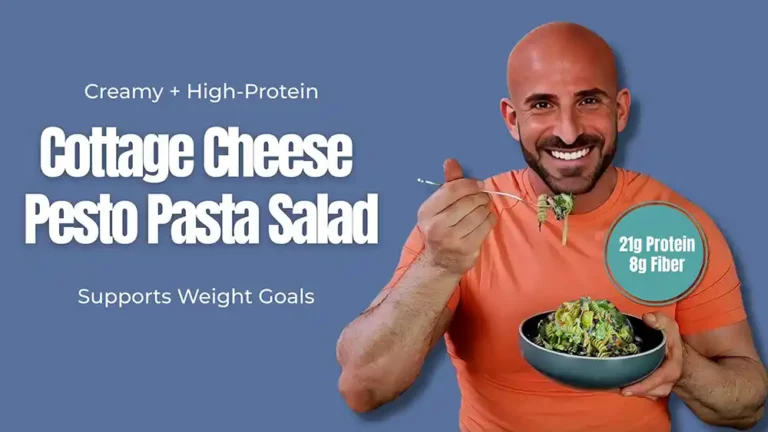
We all know the usual consequences of not getting enough sleep, with the nastiest culprits being decreased ability to burn fat, increased risk of chronic disease and even depression. For exercisers, sleep deprivation has also been shown to result in muscle loss, a drop in testosterone and a decrease in growth hormone which plays an important role in maintaining muscle mass. Even if you aren’t fitness-inclined, muscle loss is bad news for a strong metabolism. So, what about us super busy professionals for whom late nights and early mornings are non-negotiable? Are naps the answer? Or do you need continuous sleep in the nighttime?
Many of us have the mindset (probably adopted in our college days) that if we can’t sleep the recommended 8 hours and can only get in about 5-6, a 2 hour nap midday might be able to do the trick, right? Well, let’s start with the benefits of napping. A nap every now and then can indeed make up for a lack of sleep, help with concentration and increase alertness. However, be warned. The definition of a “nap” varies from person to person. In my mind, a nap is not truly a nap unless it lasts at least an hour. In reality, though, any nap longer than 30 minutes usually results in you being drowsy when you wake up and even worse mental clarity. This effect is called “sleep inertia,” and occurs because, if you let your body sleep too long, you advance to stage 3 sleep which is the stage of deep sleep that is harder to recover from after waking. If you are sleep-deprived, recovery happens even slower. So, to get the benefits of a nap noted above, you should keep your naps to 10-20 minutes in length which keep you in the easier-to-recover-from stages 1 and 2 of sleeping.
If this is the case, then, why is the recommendation from the National Sleep Foundation 7-9 hours of nighttime sleep without mention of naps? It is because if you make napping a habit too often, it may result in shorter nighttime sleep and the nighttime sleep you do get may be lower in quality, studies show. According to UC San Francisco sleep expert Cheri Mah, who consults with the Golden State Warriors and other elite athletes, if you keep your nap times consistent, as in same time, same length, you can get away with catching up on sleep every now and then. If you are having trouble falling asleep at night, though, you should eliminate the naps completely.
The bottom line? Naps can be helpful for providing adequate sleep when continuous nighttime sleep is not possible. However, according to Cheri Mah, there is no replacement for good old 7-9 hours of uninterrupted sleep at night if you’re looking for efficient weight loss and general health. If you are very active (5-6 days of exercise a week or an athlete), then 9-10 hours is necessary for proper muscle recovery.





